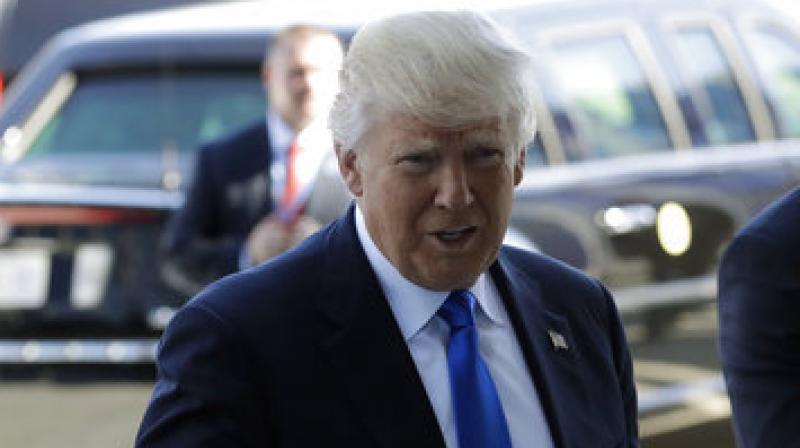War is about chips, not trade
The tech battle is all about artificial intelligence and the power of computing and US action is to be seen in this light.

The extraordinary arrest in Canada of the Chinese tech giant Huawei’s CFO, daughter of the founder Zhengfei, even as Donald Trump and Xi Jinping were sitting down for talks at the G-20 in Argentina had the global stock markets trembling, the reverberations being felt in Dalal Street too. While the bourses’ panic reaction may have been triggered by fears over the trade war resuming despite the 90-day truce declared at G-20, the real story behind the arrest has more to do with a war over semiconductor chips between the US and China. The accusations against Ms Meng of Huawei are similar to recent ones made against another Chinese tech giant ZTE, the charges relating to US sanctions against Iran. China is known to steer clear of the US as well as UN sanctions, but then front companies are par for the course in skirting sanctions in the shadowy corporate world. The point is the charges appear too flimsy for such dramatic action.
At the heart of the move by the US administration — President Trump was not briefed in advance on the arrest, according to reports — may be US national security concerns as well as action to keep the US lead intact in the field of semiconductors, which are the very foundation of the digital economy. Technological superiority in the modern age will be defined by the power of computer chips, an area dominated traditionally by the US and allies Taiwan and South Korea. Huawei may be seen as a threat as it is known to be in the game of industrial intelligence or espionage with its global presence. The tech battle is all about artificial intelligence and the power of computing and US action is to be seen in this light.

